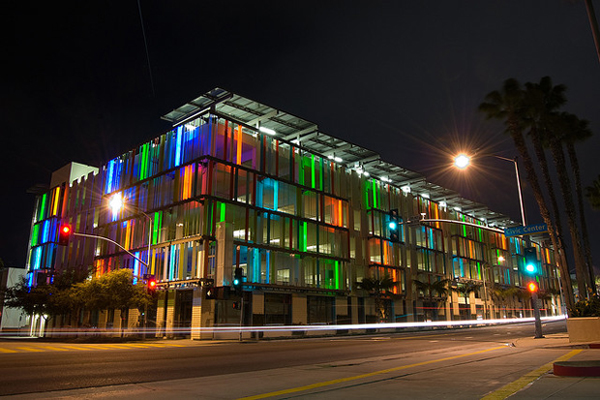Energy efficient retrofits could save the U.S. $1 trillion


Tripling your money in ten years may sound like a pipe dream. However, according to a new study by by Deutsche Bank Climate Change Advisors and the Rockefeller Foundation, America might be positioned to do just that.
Published this month, "United States Building Energy Efficiency Retrofits: Market Sizing and Financing Models," set out to evaluate the investment potential of upgrading and replacing energy consuming equipment in residential, commercial, and industrial buildings across the country. The study's findings estimate that a $279 billion investment in energy efficient retrofits could:
- Save the United States $1 trillion over the next ten years
- Produce 3.3 million job years
- Cut energy consumption by 30 percent
- Reduce emissions by 10 percent
Deutsche Bank and the Rockefeller Foundation are far from the first organizations touting the benefits of energy efficiency. Energy Star, a joint program between the Department of Energy and the Environmental Protection Agency, has been encouraging consumers to buy energy efficient appliances since 1992. In 2010, the program saved the U.S. an estimated $18 billion.
What sets the Deutsche Bank/Rockefeller collaboration apart is the way it helps to reframe the environmental debate. Rather than relying on moral arguments to justify environmentalism, as former vice-president Al Gore did in An Inconvenient Truth, this new study approaches energy inefficiency as an investment opportunity no different from an undeveloped foreign market or new technology.
In doing so, the study sidesteps much of the political fight: recasting a firebrand topic as a matter of simple economics.
Photo: John McStavrick/Flickr
This post was originally published on Smartplanet.com